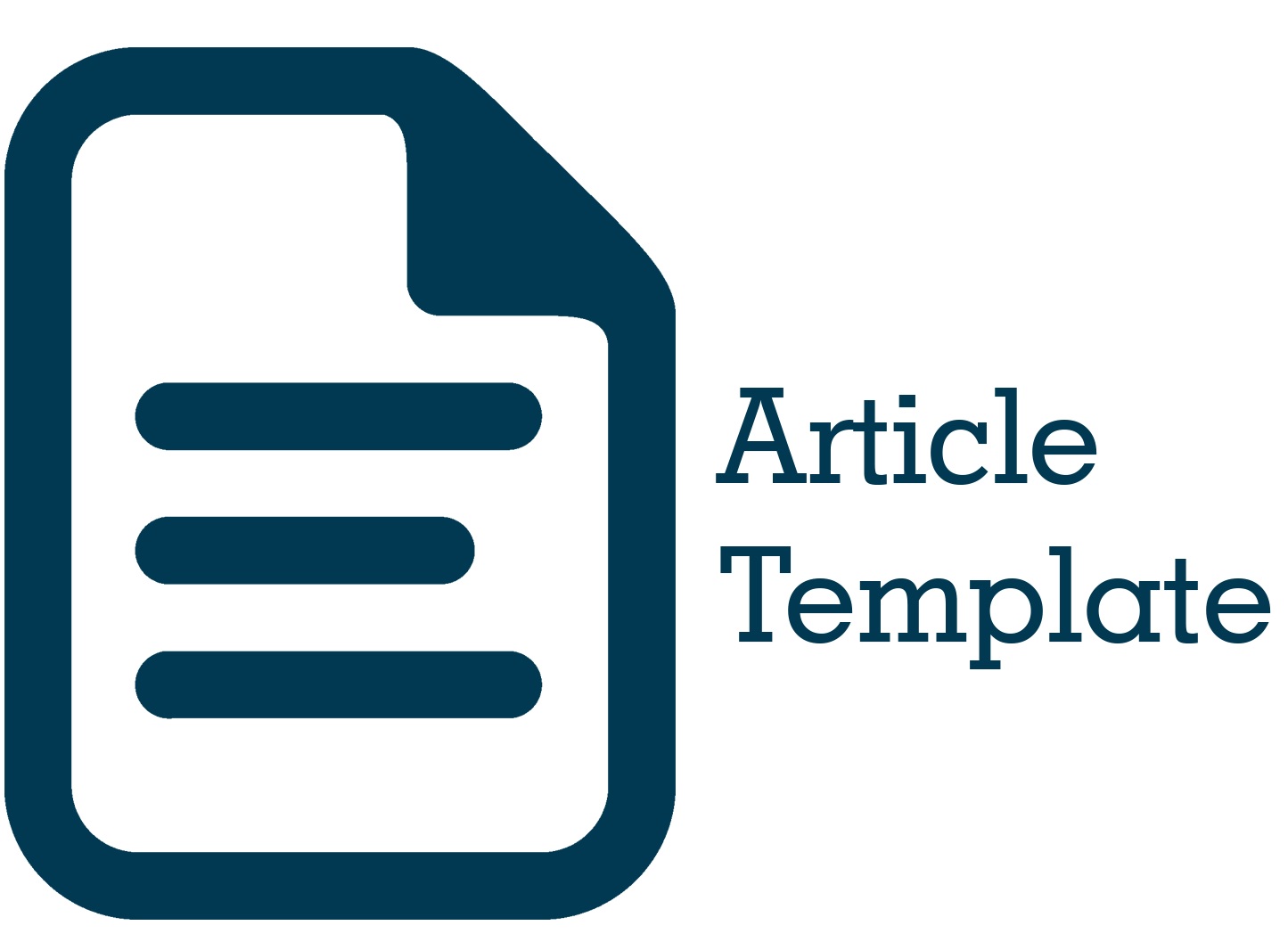Penerapan Prinsip New Publik Service dalam Pelayanan STNK pada Kantor Sistem Administrasi Manunggal Satu Atap
DOI:
https://doi.org/10.51135/PublicPolicy.v2.i2.p315-330Keywords:
New Public Service, Public ServiceAbstract
Abstract
The New Public Service (NPS) Paradigm is a concept that is made to "counter" the administrative paradigm that becomes the mainstream, the New Public Management paradigm that has the principle "run government like a businesss"or "market as solution to the ills in public sector ". This research is trying to find out the alternative strategi in improving public service quality with the implementation of NEW public Service principle in the service of making Vehicle registration certificate The jocuS of this literature review on humanistic-based public services (citizen serve not Customers), prioritizing public interest (seec the public interest) and accountability The implementation of the New public Service principles can improve the synergy of public services and the responsiveness of public service organizations to the needs of the community, the implementation of model citizen serves not Custumer, Seek the Public Interest and Public service accountability as part of the New public Service principle is an alternative improvement of public service quality.
Keywords: New public Service, public service
Downloads

Downloads
Published
How to Cite
Issue
Section
License
Authors whose manuscripts are published in the Journal of Public Policy must agree to the following terms;
- Publication rights for all manuscript materials published are held by the editorial board with the author's consent.
- The legal formalities for digital access to the Journal of Public Policy are subject to the Creative Commons Attribution Sharealike (CC BY SA) license, which means the Journal of Public Policy has the right to store, redistribute, reformat, manage in a database, maintain, and publish the manuscript without seeking permission from the author as long as the author's name is included as the copyright owner.
- Published manuscripts are open access for the purpose of disseminating research results. Besides this purpose, the editorial board is not responsible for copyright law violations.


.png)



